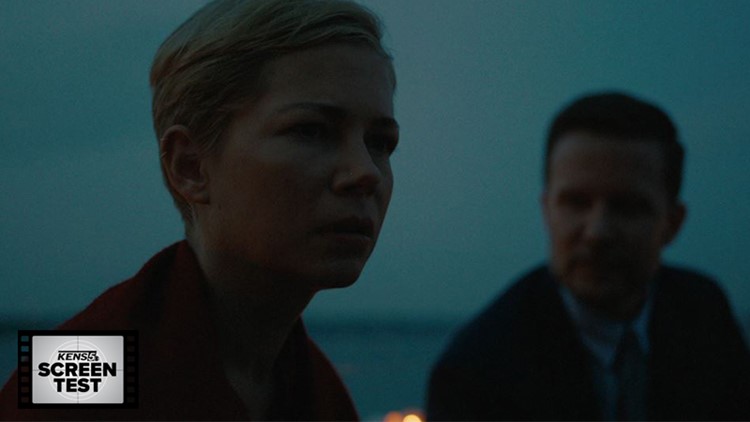SAN ANTONIO — “After the Wedding” is a movie rarely confident with the path it’s taking in any given scene, conversation or implication. A pseudo-domestic thriller ultimately buried by its smattering of conflicting tones and one too many twists, director Bart Freundlich’s movie – with a plot that already hinges on a massively incredulous and incredulously massive coincidence – has some interesting ideas at its core, but it never takes full ownership of them.
It’s hard to talk about this film without laying bare the secret it largely revolves around. Then again, evoking the spirit of its title, “After the Wedding” isn’t as much about that secret – a legitimately surprising twist revealed about a half-hour or so into the proceedings – than it is about the fallout.
And the fallout is…abundant, upending in very short order the lives of Michelle Williams’s Isabel, who runs an orphanage in India; Julianne Moore’s Theresa, a wealthy media executive who holds the keys to the orphanage’s financial future in her hands; and Billy Crudup’s Oscar, the husband with a bit of a secretive past worthy of the actor’s trademark mysteriousness.
Isabel and Theresa, in particular, have different priorities fueled by their own worldviews, and the vast gulfs separating them in affluence and privilege. Early scenes of Isabel in India caring for the children under her care made me nervous about what seemed to be a white-savior narrative in the making, but the screenplay – a collaboration between Freundlich, Susanna Bier and Anders Thomas Jensen – quickly dispensed of that preconception. As soon as Isabel hesitantly arrives stateside and reacts to wealth like it’s a lifestyle that has rejected her, it’s clear the movie is practically itching to explain why. When it does, the floodgates open, for both its characters and the audience.
“After the Wedding” doesn’t know whether it’s a pulpy domestic noir or emotional family drama—worse, it goes to extremes to suggest it could be both. There’s an interesting movie hidden somewhere in here that’s interested in fully exploring themes of guardianship and the half-truths we tell to keep our families intact, but every time one of the movie’s threads begin to resemble something challenging and thought-provoking, it’s awkwardly abandoned for another plot development that seem to exist only for the movie to maintain a momentum it’s never totally sure it has.
I’d need more than two hands to count the number of scenes that I wish I could see more of, the conversations I wish the movie was interested in delving deeper into and the themes I wish were more thoroughly explored. The more “After the Wedding” went on, the more it felt like an amalgam of various styles and sensibilities, each catering to individual scenes instead of contributing to the creation of an entire, tonally and narratively cohesive film.
It’s difficult to justify being enticed – positively so – by near-Hitchcockian flourishes of wordless tension when the film, without warning, shapeshifts into a story instead trying to tug at our heartstrings, and then to another one still that is suddenly invested in the world of corporate-level maneuvering that feels completely out of sync with what we’ve seen up to that point.
There’s virtually nothing the movie devotes itself wholeheartedly to, and we’re the ones out of breath for trying to keep up with its speed-dating pace—it practically stops just short of revealing a literal skeleton in someone’s closet.
“After the Wedding” goes to strange, almost surreal and exhaustive lengths to capture our attention; by the time a final, unintentionally guffaw-worthy excuse for a plot twist has arrived, it’s reduced its own grand ideas just to wrestle emotion from us in the cheapest of ways. It’s an unfortunate development that a movie that so thoroughly aces the Bechdel Test ends up feeling like it did so completely on accident.



